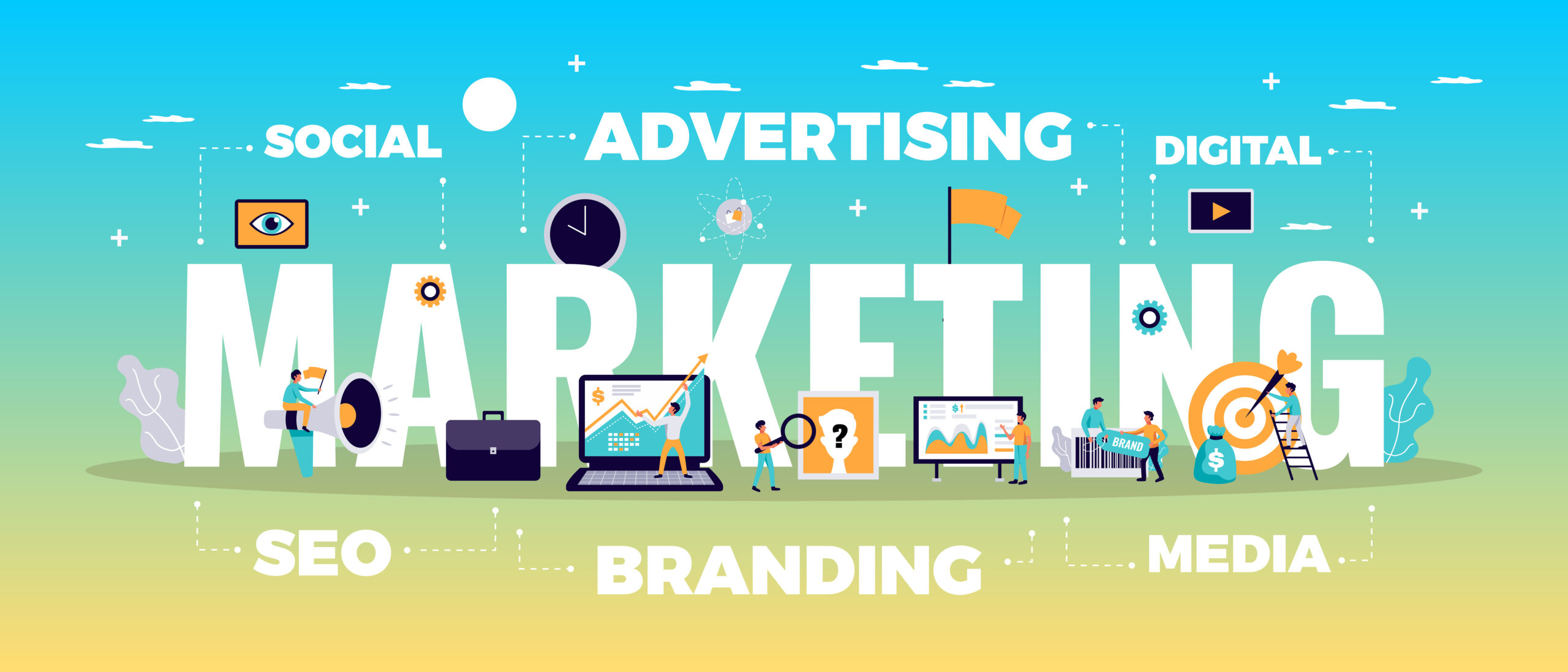
Introduction: Digital Marketing
In the fast-paced digital era, businesses are continually adapting to new strategies to stay ahead in the competitive landscape. One such transformative force is digital marketing, a dynamic and ever-evolving field that leverages online channels to connect with target audiences, build brand awareness, and drive conversions. In this comprehensive guide, we’ll delve into the world of digital marketing, exploring its key components, strategies, and the profound impact it can have on the success of businesses in the digital age.
Understanding Digital Marketing: Digital marketing encompasses a broad spectrum of online activities designed to promote products, services, or brands. From search engine optimization (SEO) and content marketing to social media advertising and email campaigns, the digital marketing landscape is multifaceted, offering businesses diverse avenues to connect with their audience.
The Core Components of Digital Marketing:
Search Engine Optimization (SEO): Enhancing online visibility through optimized content and website structure.
- Content Marketing: Creating valuable, relevant content to engage and attract the target audience.
- Social Media Marketing: Utilizing platforms like Facebook, Instagram, and LinkedIn to connect with and grow the audience.
- Email Marketing: Nurturing leads and fostering customer relationships through targeted email campaigns.
- Pay-Per-Click (PPC) Advertising: Using paid ads to drive traffic and conversions on search engines and social media.
SEO: The Pillar of Digital Visibility: Search engines are the starting point for most online journeys. SEO is crucial for ensuring that your website ranks high on search engine result pages (SERPs). By optimizing content, keywords, and technical aspects of your site, you enhance visibility and draw organic traffic.
Content is King: Content marketing plays a pivotal role in digital strategies. Engaging, informative, and shareable content not only attracts your target audience but also establishes your brand as an industry authority. From blog posts and videos to infographics, the possibilities are vast.
The Social Media Landscape: Social media platforms are dynamic spaces for brand interaction. Crafting a compelling social media strategy involves understanding your audience, selecting the right platforms, and creating content that resonates. Paid advertising on these platforms can further amplify your reach.
Email Marketing: A Personalized Approach: Email marketing remains a potent tool for nurturing leads and retaining customers. Segmented, personalized campaigns can significantly impact engagement and conversion rates.
Unlocking the Potential of PPC Advertising: PPC advertising allows businesses to target specific demographics and keywords, paying only when users engage with the ad. This targeted approach ensures efficient allocation of marketing budgets.
Data Analytics and Measurement: The beauty of digital marketing lies in its measurability. Utilize analytics tools to track key performance indicators (KPIs) and refine your strategies based on data-driven insights.
Conclusion: As businesses navigate the digital landscape, the significance of a robust digital marketing strategy cannot be overstated. From building brand awareness to driving sales, digital marketing empowers businesses to connect with their audience in meaningful ways. Embrace the power of SEO, content marketing, social media engagement, email campaigns, and PPC advertising to propel your brand into the digital spotlight, ensuring sustained success in the evolving online marketplace. Stay ahead, stay digital!
